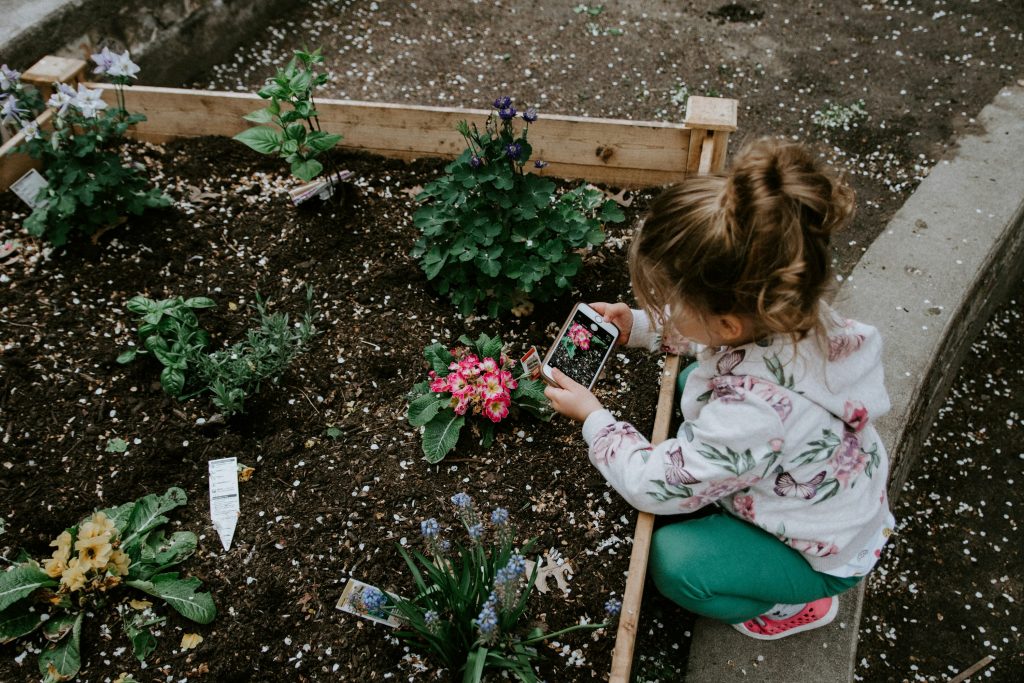Global Change Can Start From Your Backyard

Have you ever thought about how your gardening can not only beautify your space but also help combat climate change? Enter biochar—a sustainable hero in our fight for a healthier planet.
Why Biochar Matters
Biochar isn’t just good for your garden; it’s good for the Earth. When you mix biochar into your soil, it doesn’t just help your plants grow better and retain water. It also traps carbon, keeping it out of the atmosphere where it would contribute to global warming.
Imagine this: a father and daughter, hands dirty with soil, laughing together as they garden. This simple act is part of something much bigger—it’s a step toward environmental responsibility. Each bit of biochar added to gardens, lawns, and flower beds across the country is a step toward combating climate change.
Getting Started with Biochar
So, how can you get involved? It’s easy! Start by adding biochar to your garden soil and watch how your plants thrive. Share your experiences with friends, family, and online communities. Encourage your local garden centers to stock biochar and talk to other gardening enthusiasts about its benefits. You’re not just growing a garden; you’re growing a movement.
Tips for a More Sustainable Garden
- Use Compost and Biochar: Mix biochar with compost to improve soil fertility and structure. This combination not only provides nutrients for your plants but also helps sequester carbon.
- Water Wisely: Install a rain barrel to collect rainwater for your garden. This reduces the need for tap water and helps conserve this precious resource. Water your plants early in the morning or late in the evening to minimize evaporation.
- Grow Native Plants: Choose native plants that are well adapted to your local climate and soil. They require less water and maintenance, and they provide habitat for local wildlife.
- Reduce, Reuse, Recycle: Use recycled materials for garden beds, planters, and decorations. Reuse old containers and tools whenever possible, and recycle organic waste into compost.
- Create a Pollinator-Friendly Space: Plant flowers that attract bees, butterflies, and other pollinators. These creatures are vital for the health of our ecosystems and can help improve the productivity of your garden.
The Big Picture
Individual actions can lead to significant change. As more people use biochar and adopt sustainable gardening practices, this knowledge can spread to influence community practices and even national policies. Biochar isn’t just about local gardening—it’s part of a global effort for better soil management and climate action.
The phrase “Think globally, act locally” perfectly captures the spirit of using biochar and other sustainable practices. While we urge large companies to be responsible for the environment, we can also make a difference ourselves by taking simple steps in our own backyards.
A Simple Plan for a Greener Tomorrow
So, what’s our plan? It starts with biochar in our gardens and a promise to spread the word. Let’s cultivate our gardens and, at the same time, cultivate a revolution in environmental responsibility. Together, we can make a significant impact, right from our own backyards.
Better soil. Better world. Happy gardening!







